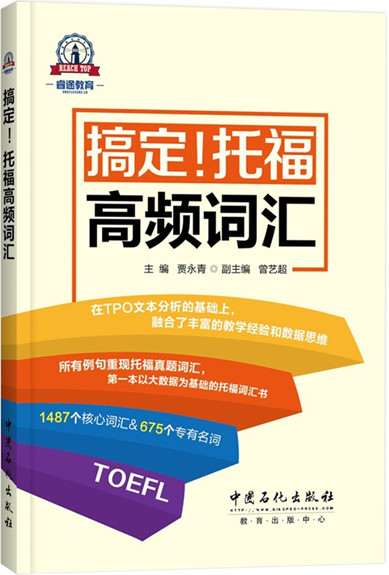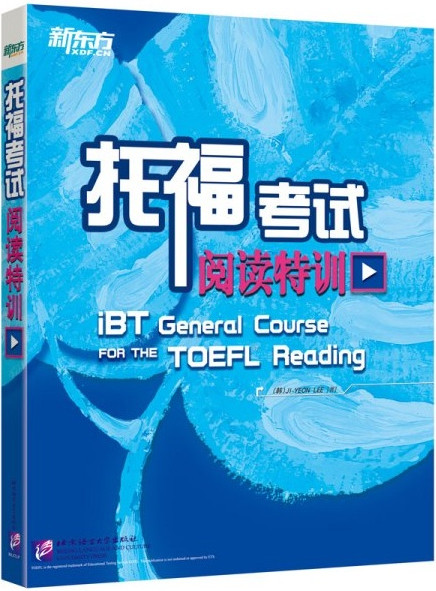素材段落
Established in 1964, the Shinkansen, a network of high-speed railway lines in Japan, has expanded to link most of the cities on the islands of Honshu and Kyushu. Carrying over ten billion passengers per year, it has transported more passengers than any other high-speed line in the world. Between Tokyo and Osaka, the two largest metropolises in Japan, up to thirteen trains per hour with sixteen cars each (1,323-seat capacity) run in each direction with a minimum headway of three minutes between trains. More importantly, the Shinkansen has a significant impact on Japan’s economy. Switching from a conventional to a high-speed network has been estimated to save 400 million travel hours annually, which equals an economic influence of 500 billion yen per year. In terms of environmental benefits, travelling by the Tokyo-Osaka Shinkansen line produces only around 16% of the carbon dioxide that a car would produce on an equivalent journey. This adds up to 15,000 tons of carbon dioxide each year which is no longer dispersed into the atmosphere.
单词和词组
expand 扩展、延伸=develop, extend
expand one’s scope of knowledge
in terms of 鉴于
=with regards to, with respect to
In terms of budget allocation, some people advocate that more support should be given to young children’s education rather than to universities.
句型结构
…, a network of high-speed railway lines in Japan, … 插入语结构
The Forbidden City, the biggest palace complex in the world, offers visitors a look at what it was like to live in historical China.
话题词汇
基础建设 infrastructure
公共交通系统 public transportation system
交通方式 means/mode of transportation
高铁 high-speed train
高峰时段 rush hour
交通拥堵 traffic congestion
过度拥挤 overcrowding
- 06-13·2018年托福写作必背经典句型
- 06-08·2018年托福作文素材(9)
- 06-08·2018年托福作文素材(8)
- 06-07·2018年6月托福写作参考范文:政府类
- 05-26·2018年20个托福写作高分句型
- 06-132018年托福写作必背经典句型
- 06-072018年6月托福写作参考范文:政府类
- 05-082018年托福写作高分范文赏析汇总
- 04-20托福写作考试11个高分开头方式
- 03-272018年托福综合写作万能模板汇总
编辑推荐
- 模拟试题
- 历年真题





